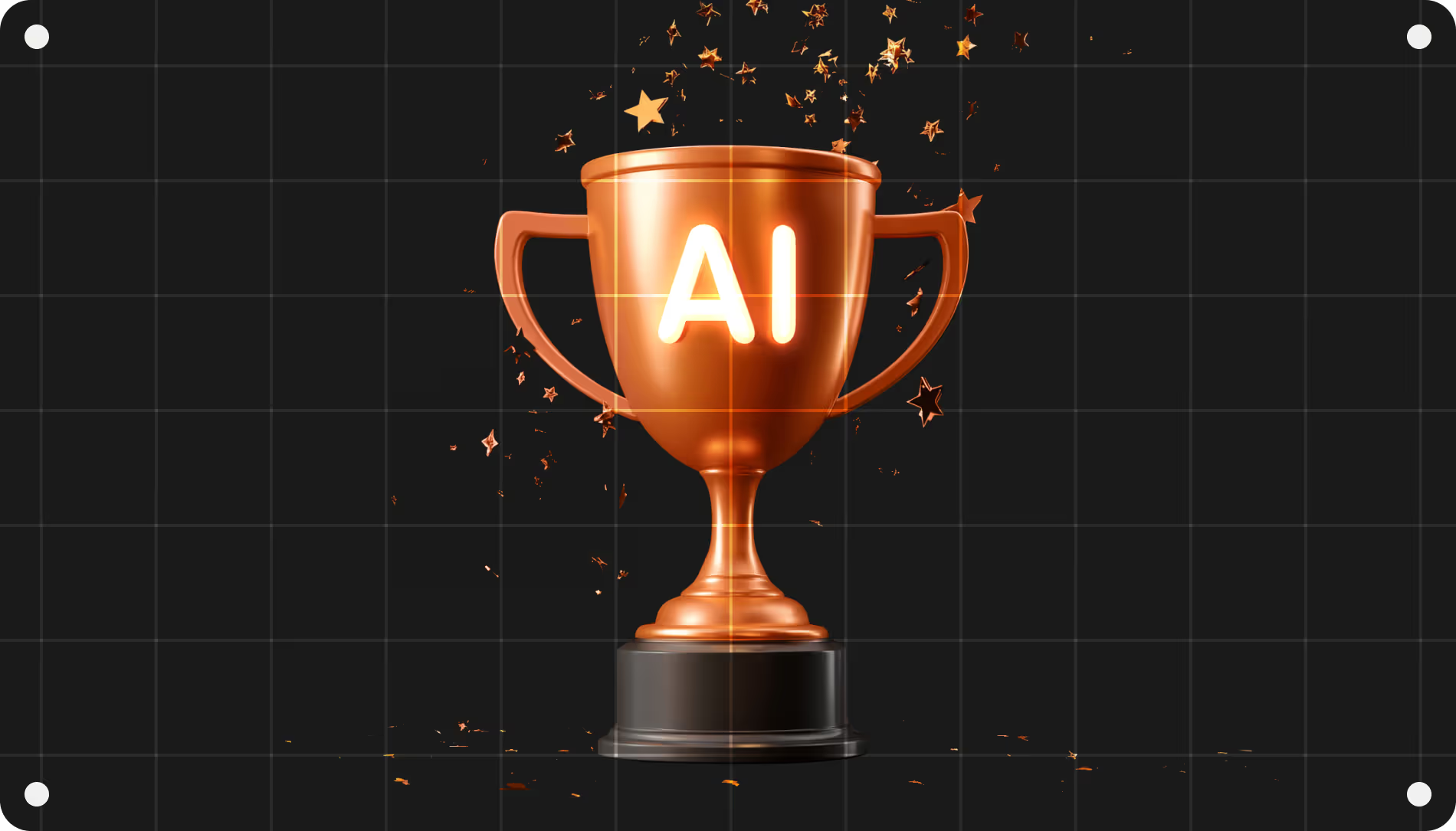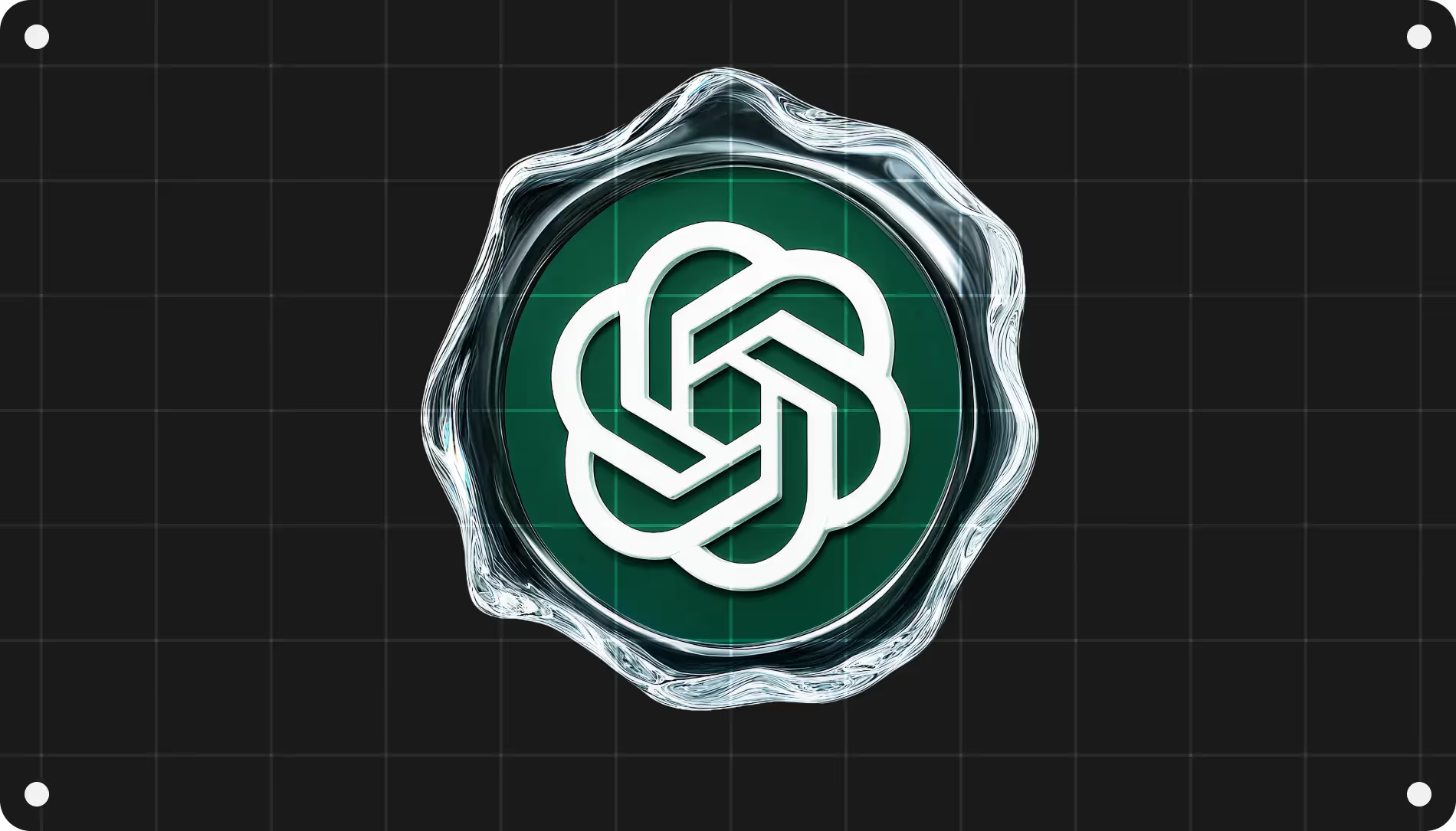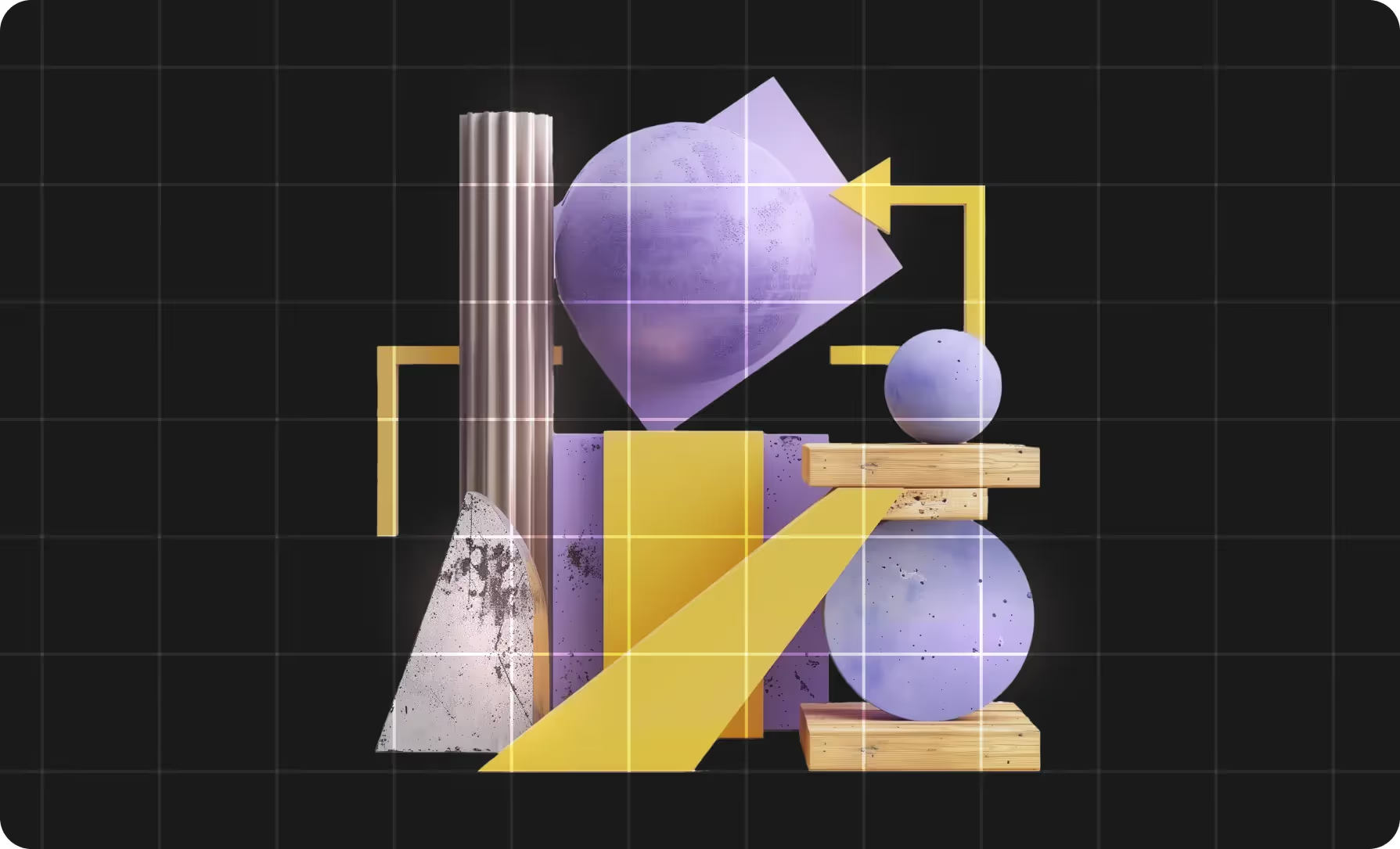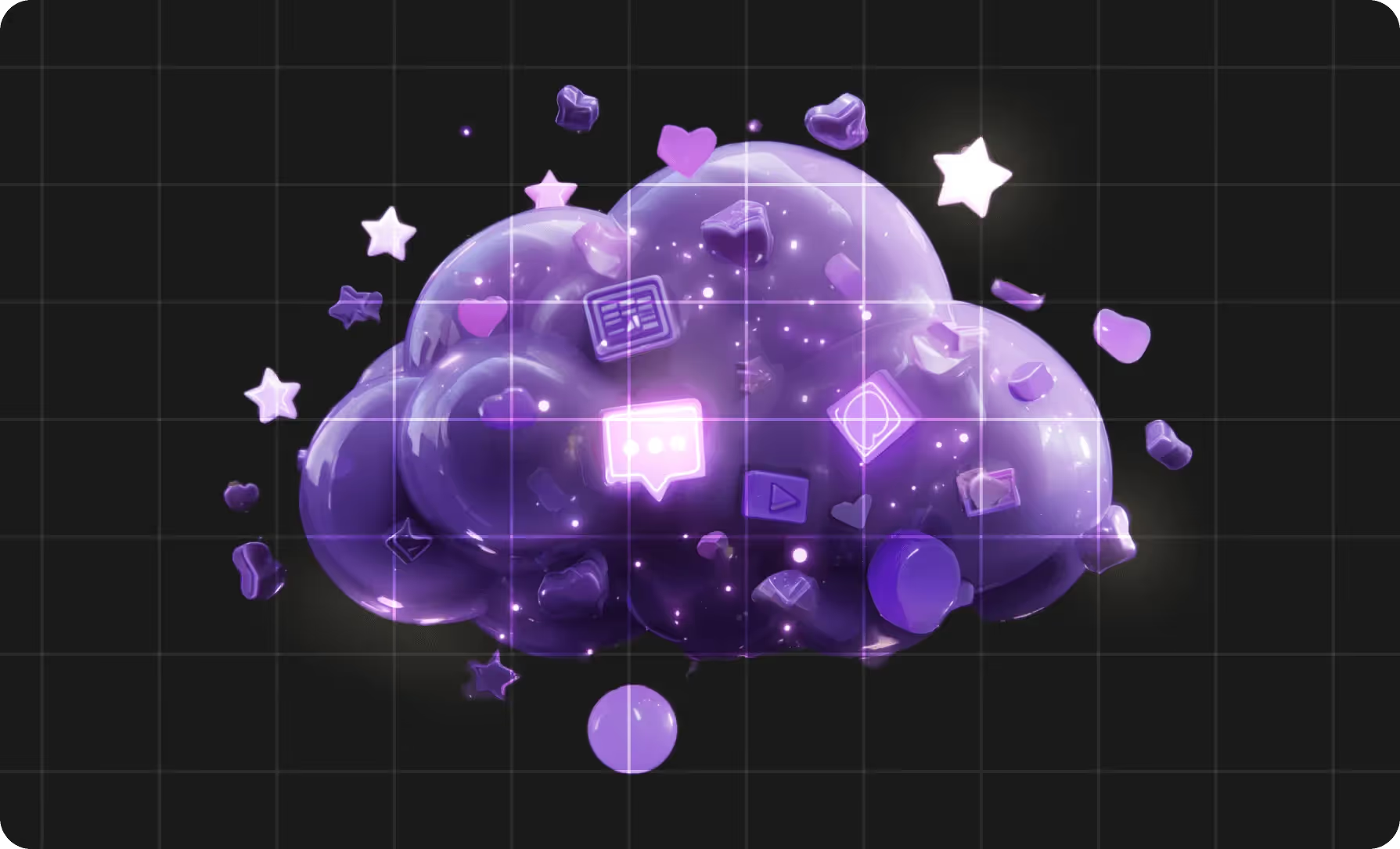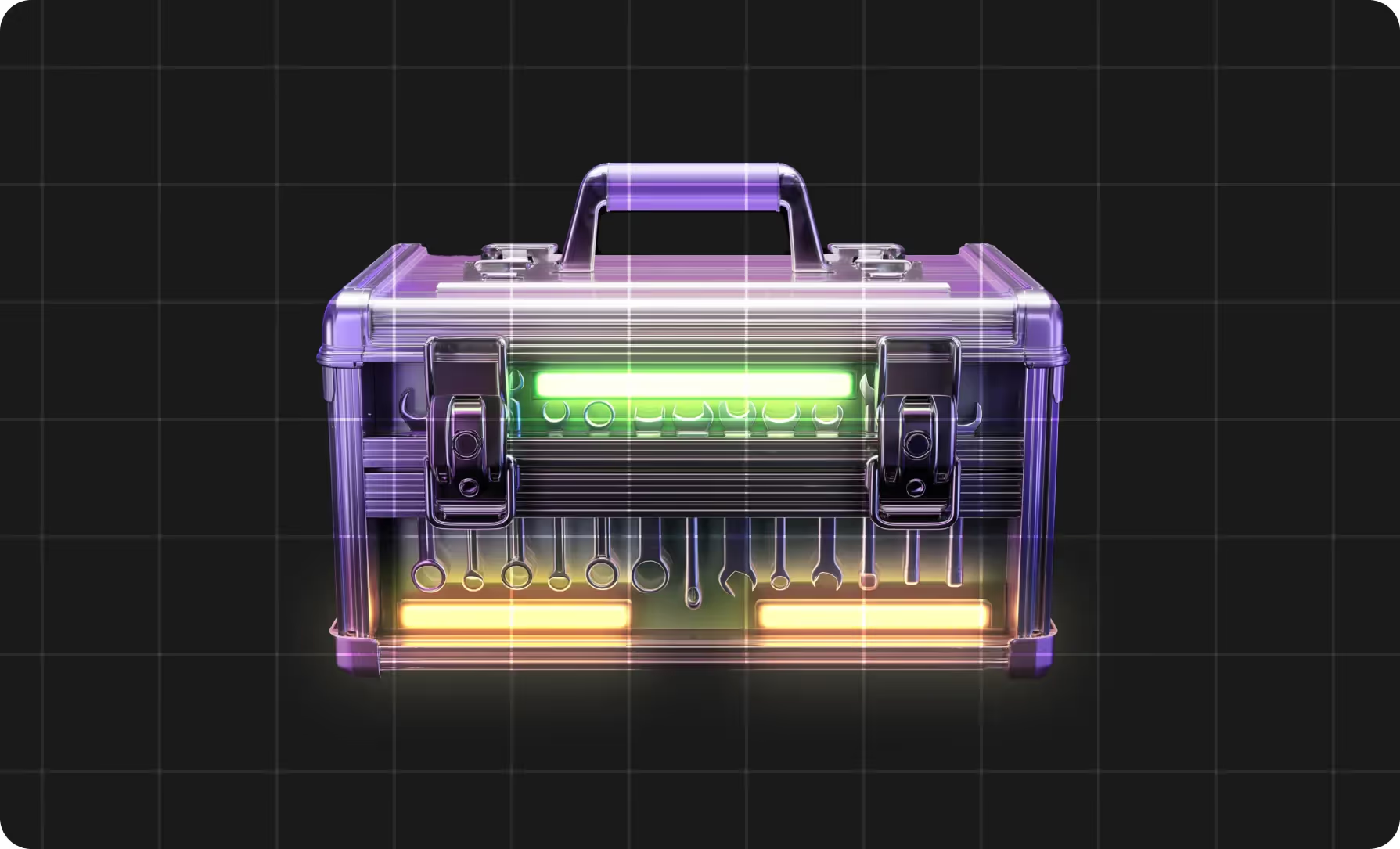Let's be honest: the hype around artificial intelligence can feel daunting, even scary. This is especially true if you’re worried the technology will take over your job. Maybe you've already seen AI tools doing tasks you once handled, or maybe you've noticed more headlines about AI replacing roles in your industry.
Your concern is valid, but the good news is you're not powerless. In fact, if you can understand which jobs face the greatest AI disruption — and which skills remain uniquely human — you can make smart decisions about your future.
Whether you're looking to pivot to a more AI-resistant role or to strengthen your current position, this guide will help you navigate AI’s “takeover” with confidence.
What makes a job vulnerable to AI?
While job vulnerability to AI makes sense for positions that are highly automated, the truth is this exposure can even impact roles where AI could potentially match or exceed human performance in core job functions.
For example, positions become particularly susceptible when they involve predictable patterns and clearly defined rules-based tasks that AI systems can learn and replicate.
These are some key characteristics that make certain jobs more vulnerable to AI disruption:
- Structured, repetitive tasks: Jobs that involve performing the same actions repeatedly with minimal variation
- Standardized outputs: Work that produces consistent results following set guidelines
- High volumes of data analysis/calculations: Roles that rely primarily on analyzing large amounts of data to make simple decisions or produce mathematical outcomes
- Easily identifiable patterns: Jobs where a key component is to determine patterns and make predictable decisions based off this information
- Limited creative problem-solving: Positions where solutions don’t require complex, novel, or unique thinking skills
- Minimal human connection: Jobs that don't require deep emotional intelligence or a reliance on interpersonal relationships
The jobs most vulnerable to replacement
In reality, no job is entirely immune to AI's influence; however, certain professions face a higher risk of influence, even replacement. Here are some of the most vulnerable roles:
Data entry clerks and processors
The very nature of data entry work makes it prime for AI takeover. These roles involve converting information from one format to another, following strict rules and patterns, which are both key characteristics of jobs susceptible to AI.
Modern AI systems excel at pattern recognition and can process data with greater speed and accuracy than humans, while working 24/7 without fatigue. Advanced OCR (optical character recognition) technology, combined with machine learning, can already handle most data entry tasks with minimal human oversight.
Medical image analysts
While this might seem surprising, AI has shown strong capability in analyzing medical images for diagnostic purposes. Machine learning models can detect patterns and anomalies in X-rays, MRIs, and CT scans with accuracy that matches or exceeds human radiologists. For example, Google’s Lymph Node Assistant program was able to detect metastatic breast cancer 99% of the time.
These systems can work tirelessly, processing thousands of images quickly while maintaining consistent accuracy levels. However, the final interpretation and patient communication will likely still be the responsibility of doctors, nurses, radiologists, and other humans in the medical field.
Entry-level financial analysts
Entry-level financial analysis, which often involves collecting and processing market data, creating standard reports, and identifying basic trends, is becoming increasingly automated. AI systems can analyze market movements, generate financial reports, and even write basic market commentary.
As a whole, the banking industry is at a high risk of having half or more of its roles automated by AI, according to research by Citi. However, senior analysts who provide strategic insights and complex interpretations will likely have greater job security, so it’s key to start transitioning into these roles sooner rather than later.
Bookkeepers and accountants
On a related note, bookkeepers and accountants are susceptible to the incoming wave of AI technologies due to the repetitive, computational nature of many of their duties. Research from learning company Pearson found that almost 40% of tasks conducted by bookkeepers and accountants can be done by AI.
While this definitely leaves room for people to become bookkeepers and accountants as a whole, it means they will need to focus on the soft skills that make them uniquely human. For example, they need to focus on critical thinking and strategy skills to interpret and apply the data AI might churn out for them.
Customer service representatives
By now, you’ve probably interacted with AI chatbots across different websites when you wanted to talk to customer service (with varying results of helpfulness). This experience will likely become more prevalent as businesses look to automate and enhance customer service requests with AI. In fact, Gartner predicts that by 2028, over 80% of customer service and support interactions will apply AI technology “to improve agent productivity and customer experience (CX).”
The increasing sophistication of chatbots and virtual assistants, combined with natural language processing capabilities, allows AI to handle typical customer inquiries, process normal requests, and provide 24/7 support. While this doesn’t mean all customer-facing roles will be fully automated with artificial intelligence, it does mean there will likely be fewer entry-level support jobs in the future.
Paralegals and legal assistants
Last but not least, paralegals and legal assistants will also feel the domination of AI in their field. And it’s already happening: over half of paralegals say they use generative AI to help with daily tasks including document review, basic legal research, and contract analysis.
AI tools are already demonstrating higher accuracy rates in document review compared to human paralegals, with 89% of legal professionals saying they trust or somewhat trust document reviews done by AI. As such, the repetitive nature of paralegal tasks makes these roles particularly vulnerable to AI automation, though complex legal analysis and strategy will remain in human hands.
Why we didn't include coders
Despite what you might have heard, developers and programmers will be relatively insulated from AI replacement. Why?
This isn't fundamentally different from how developers have always worked with code libraries and open-source repositories, and no one has suggested that those systems will fully replace coders in the future. That’s because professional coding requires more than writing syntax. It requires you understand client needs, determine solutions, debug complex problems, and make strategic technical decisions.
The Bureau of Labor Statistics supports this view, projecting continued strong growth in technology positions through 2032. Software engineers, information/cyber security specialists, data scientists, and UX/UI designers are all expected to see significant job growth.
Finally, since AI can handle routine coding tasks, developers will be able to focus on more complex problem-solving and innovation. In fact, many employees don’t feel threatened by AI, and instead believe they will be useful tools for the productivity and security of their jobs. According to Pew Research, 32% of workers in information and technology say AI will help more than hurt them personally, compared to just 11% who say it will hurt their careers.
Need to make a change? See what path is right for you
Long story short, if you're in a field vulnerable to AI replacement, or you’re simply looking to future-proof your career, you can make a change now to help bolster your chance of success.









.jpg)



